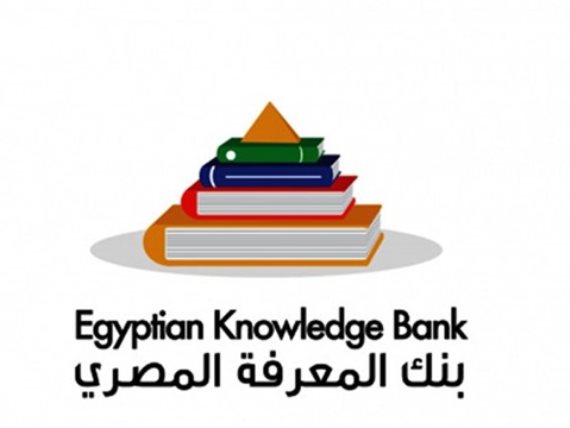Specializations of the Quality Assurance Center
Specializations of the Center
1. Measurement and Evaluation Unit
- Designing and following up the mechanisms for measuring opinions for all categories (students – faculty members – the assisting body – the administrative body – leaders, ….) in all services provided to them.
- Analyze the results of measuring opinions and distribute them to the quality assurance units in colleges to make the necessary reports and develop improvement plans.
- Coordination with the various academic departments to ensure that the objective exams are consistent with the university’s examination systems
- Develop mechanisms to follow up compliance with the ethical rules of the evaluation process accredited by the university.
- Setting the criteria for selecting those in charge of evaluation and examination work approved by the university.
- Determine the tasks assigned to faculty members before, during and after exams.
- Develop specific procedures to follow up the implementation of the examinations.
- Follow up on reports issued by the Student Support Office on complaints and petitions submitted by students.
- Activating the electronic control and providing it with academic and technical human devices and cadres until the generalization stage.
- Determine the training needs of evaluation and examination systems at the university level.
- Implementation of training courses in coordination with the Training and Performance Development Unit of the Quality Assurance Center.
2. Internal Audit and Technical Support Unit
- Review the units of the faculties at the university to identify the strengths and weaknesses and suggestions for improvement in each college.
- Providing technical support and assisting the university colleges in preparing annual self-assessment reports.
- Forming quality systems review committees in the faculties of the university.
- Compilation and examination of the results of self-studies received from the faculties of the university.
- Compile and examine the results of internal and external evaluators regarding quality levels and recommend what should be followed.
- Collect and analyze feedback from all evaluation and follow-up processes and benefit from the information obtained
- Receiving suggestions and complaints from the university’s quality units, examining them and proposing solutions.
- Assisting colleges in preparing self-study in accordance with the standards of the National Authority for Quality Assurance and Accreditation of Education
3. Training and Development Unit
- Develop and implement programs to encourage sustainable development, including seminars, workshops and periodicals addressed to academics, administrators and students with the aim of visiting the competitiveness of the institution.
- Developing the competencies of faculty members, their assistants and other leaders and administrators in the institution to use advanced technology and various sources of knowledge
- Holding protocols with community bodies and institutions to contribute to the self-development of the institution.
- Submit periodic reports on training programs in cooperation with the Information Systems and Documentation Unit.
- Preparing training cadres with the competencies and skills necessary to carry out various activities.
- Evaluating all types of training programs held with the preparation of the necessary forms.
- Preparing the necessary publications and bulletins for training courses.
To contact and get more information

Prof. Ibrahim Saber
Board of Trustees Chairman
welcome everybody who participates in building a future for our own country to help it take a considerably distinctive place among nations.

